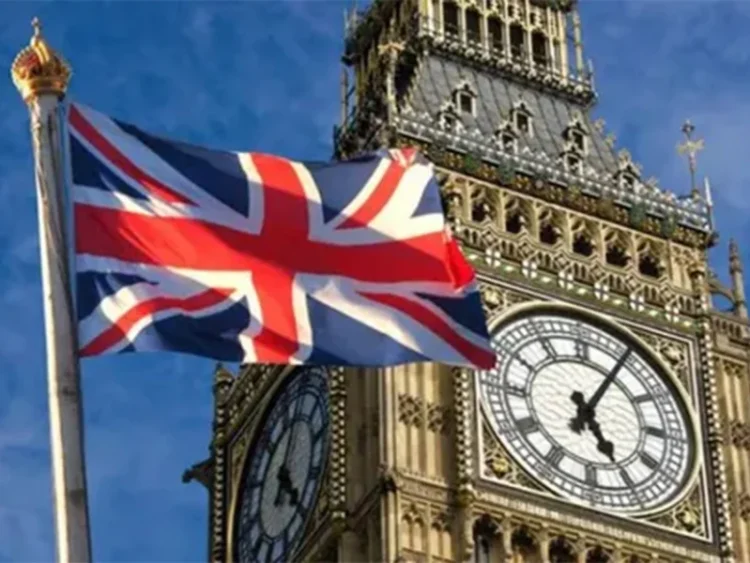Publisher: Maaal International Media Company
License: 465734
The Guardian: Slowing labor market boosts British officials’ hopes for interest rate cuts
The slowing labor market in the United Kingdom, revealed by the latest data from the British Office for National Statistics, has boosted British officials’ hopes for an interest rate cut, according to the British newspaper The Guardian.
The newspaper pointed out in its report that the Bank of England (the British central bank) is expected to keep interest rates unchanged next week amid growing uncertainty about the impact of trade wars.
The Guardian noted Bank of England Governor Andrew Bailey’s assertions that the labor market, particularly wage growth, is the key factor determining whether interest rates can be lowered from their current high of 4.25 percent.
اقرأ المزيد
The Office for National Statistics reported that the unemployment rate continued to rise, rising to 4.6 percent in the three months to April, from 4.5 percent in the three months to March. Job vacancies fell in the three months to May, the 35th consecutive decline, with some evidence that the slowdown is accelerating as rising employment costs, including the minimum and maximum wages and a £25 billion increase in national insurance paid by employers, imposed by Chancellor Rachel Reeves, weigh on the economy, according to the newspaper.
Business leaders blamed the budget for the damage to jobs, as it included tax increases, including the £25 billion increase in insurance that affected more than a million firms when it came into effect last April.
The Office for National Statistics explained that the 63,000 drop in vacancies was the sharpest since mid-2023, reflecting survey evidence that “some firms may not be recruiting new workers or replacing those who have left.” The Guardian quoted Kate Nicholls, executive director of UK Hospitality, as saying, “These shocking figures should make it abundantly clear to the government that the changes to National Insurance, paid by employers, are causing more harm than good and must be urgently reviewed and reversed.” The newspaper added that the Bank Governor was likely to have been somewhat reassured when he saw that wage growth fell in the three months to April to 5.2% for ordinary wages, down from 5.5% in the three months to March. The Guardian quoted Thomas Pugh, an economist at the consultancy RSM UK, as saying that the Bank of England is likely to continue to wait for the time being, explaining that the high unemployment rate, another decline in salaries, a decline in the number of job vacancies, and slowing wage growth paint a clear picture of a rapidly slowing labor market.” Pugh added, “However, since private sector wage growth is still running at nearly double the rate the MPC is comfortable with, any further easing of monetary policy will be gradual.”
Economists, according to the newspaper, said that the sharper-than-expected slowdown in wage growth could encourage the central bank to cut borrowing costs by an additional quarter percentage point at its next meeting in August.
The newspaper believed that the Bank of England would likely not change interest rates at the next meeting due to the uncertainty and instability in global markets resulting from trade wars, which could negatively impact the global economy.
For her part, Swati Dhingra, a dovish member of the central bank’s nine-member Monetary Policy Committee, indicated that she feared that keeping interest rates high for a prolonged period would harm the economy.
The MPC acknowledges that interest rates are weighing on economic growth, but is concerned about cutting them further until it is certain that low interest rates will not trigger a new wave of inflation. The newspaper reported that the British Chancellor of the Exchequer said last week that she was the one to take credit for the Bank of England’s four previous interest rate cuts since she took office, arguing that her strict monetary rules had helped.
The Treasury knows that low interest rates are a major factor in determining the cost of living, as well as their impact on government bond yields.
The Guardian concluded that Minister Reeves hopes that wage growth will continue to slow enough to persuade the Bank of England Governor and his colleagues to cut wages again, most likely in August. However, the Treasury will also be watching with concern if the labor market slows further.








